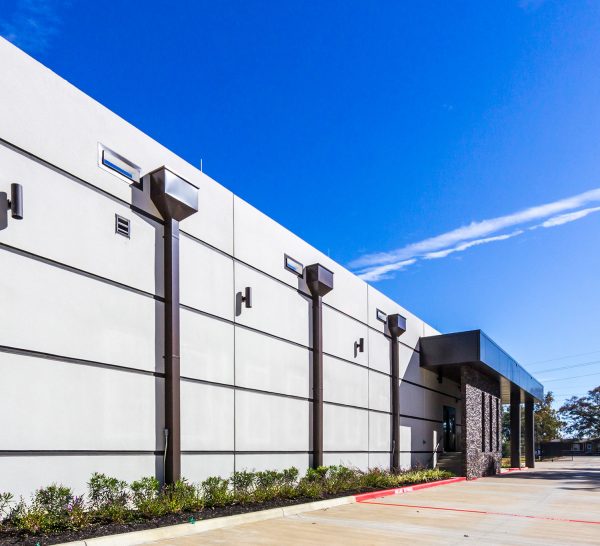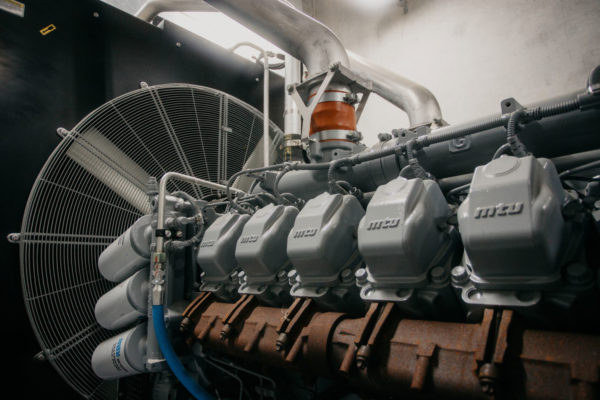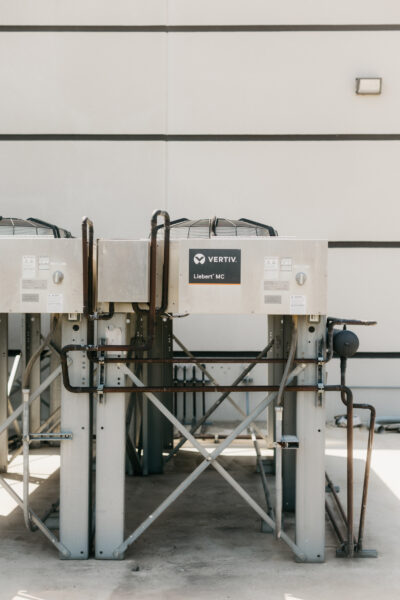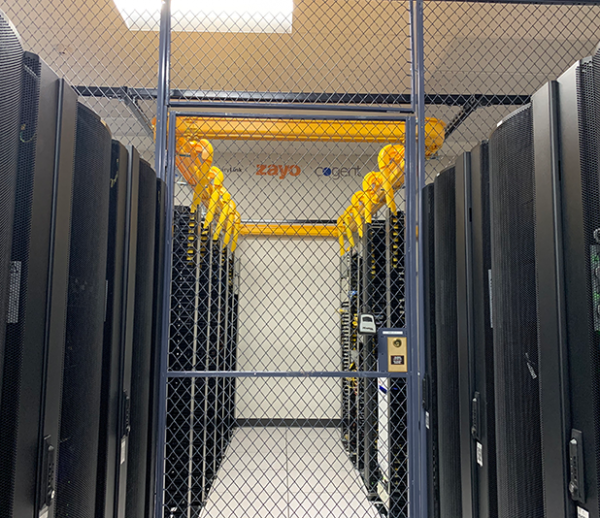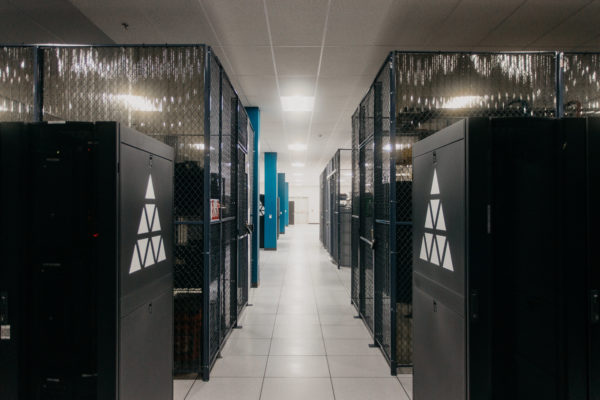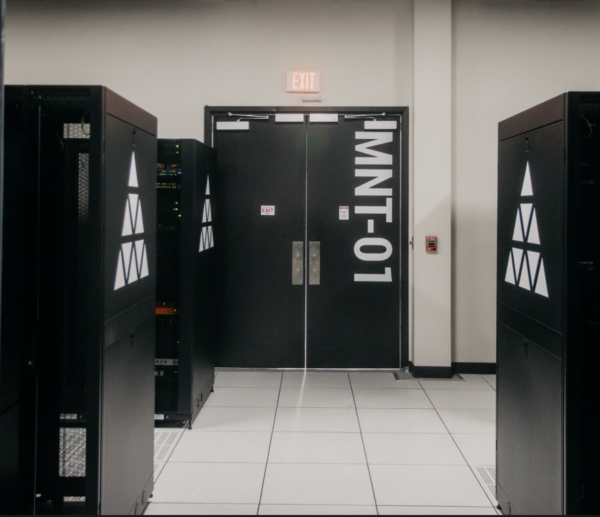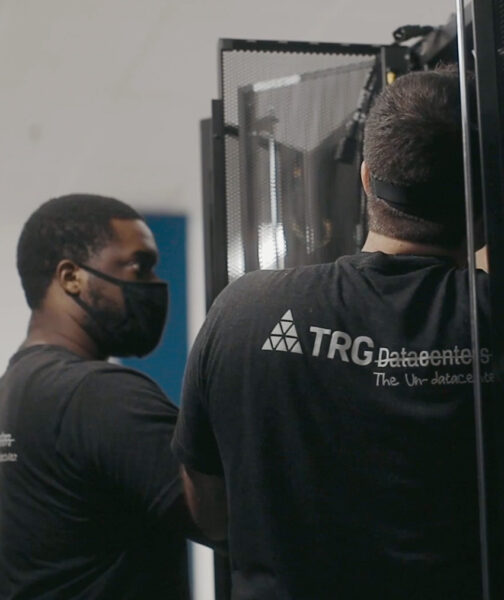Which of the data center services works best for you will depend on factors such as your budget, your needs, and the expertise available to you. If you’re not familiar with data centers then you might be left wondering what to look for, and what sort of infrastructure and services you should expect from a top tier facility. Here we’ve highlighted 4 characteristics that any top tier data center should have.
1. Optimal Security
One of the key considerations for any business considering using a data center is security – it’s essential that your data is safe from theft and loss. Because sensitive data can be very valuable to the wrong people, nefarious characters will gain unauthorized access to the data if they find an opportunity to do so. There’s also the possibility of data being lost accidentally through hardware damage or power outages. With these factors in mind, any top tier data center should ensure that its security systems provide as much protection as possible.
For starters, it’s a good idea to check the data center’s certification for a good idea of how secure your data is, including HIPAA, ISO, and SSAE certifications. A secure data center will not only provide the latest in internet protection to keep data safe from online threats, but also physical security at the site itself. This includes using the latest security technology like biometric scanners, sophisticated surveillance systems, and motion detection systems, to name a few. Security doors and gates should also be installed, and attention should even be paid to how well the building’s walls help to protect against intruders.
A top tier data center will also help ensure all data is kept safe from physical damage. Climate control systems should be in place to help prevent overheating, and a backup system should be ready to ensure your data remains intact, safe, and accessible.
A well-trained team of security personnel should also be helping to safeguard your data, with comprehensive protocols in place to help ensure unauthorized people don’t gain access. Every individual should have their background thoroughly checked, and the data center should instil an overall culture of security.
2. Ideal Location
The location of your data center is important for various reasons. One factor to take into account is the local climate and how often floods and other natural disasters are likely to occur. TRG’s facility, for example, is located in Houston where there is an expected hurricane season. During this time, high winds and heavy rainfall bring added risk of flooding, power disruptions and infrastructure damage. In a situation like this, a top tier data center should be disaster prepared. Our data center is built to withstand and avoid the risks that come with extreme weather conditions. Not only is it a hurricane-rated structure, but it’s also located in a position that has a low-risk of flooding.
To gain tier 4 certification, a data center should be completely fault tolerant. One of our biggest priorities in the event of a disaster is data. We have backup generators, servers and power supply strategically placed in a separate location and have thus created an environment where there is no single point of failure.
3. Networking Infrastructure
Fast and reliable access to your data is something that any top tier data center should be able to offer. Any downtime can be very costly, while your customers might also become frustrated and take their business elsewhere if they are left waiting for too long for pages to load.
A top tier data center will provide a networking infrastructure that helps ensure reliable access to your data, and a high bandwidth for high download/upload speeds. Examples of such networking infrastructure include:
- Carrier Neutral: A data center that’s carrier-neutral means that’s independent of internet service providers, and this means you get to choose which ISPs you use. This independence is a characteristic of a top tier data center because it means you get to choose which ISPs you want to use. This approach will give you greater flexibility and redundancy. The competition also helps to keep prices competitive, as well as ensuring your ISPs strive to provide the best service they can.
- Blended Bandwidth: Blended bandwidth means using a combination of ISPs. This combination provides flexibility, as well as redundancy if you were to have issues with an ISP.
- Private Fiber Network: A private fiber network means having your own fiber connection that only your organization has access to. Being the only organization to use the connection, it will be very reliable and you will also have a high bandwidth. Private fiber networks are also cost-effective and you have the flexibility of upgrades and expansions when you need to.
- On-Ramps: A cloud on-ramp will give you a direct connection to a cloud provider. This provides a number of benefits, including improved performance, increased security, and easier connection with public cloud providers.
4. High-Quality Service & Expertise
Having the right infrastructure is all very well, but something else that a top tier data center should be able to offer is an eagerness to provide a good customer experience. This means a data center that’s willing to accommodate their customers’ needs, and work with their customers to provide the best service that they can. They should have the expertise on hand to ensure you get top-quality service and be able to advise you to help you get the best performance. Plus, of course, a top tier data center should be eager to rectify any issues as soon as they arise.
A top tier data center should be more than just a service that provides a storage option for your data. It should also be an IT partner that will help your organization meet its needs and stay ahead of the competition. Contact our team to learn more.

